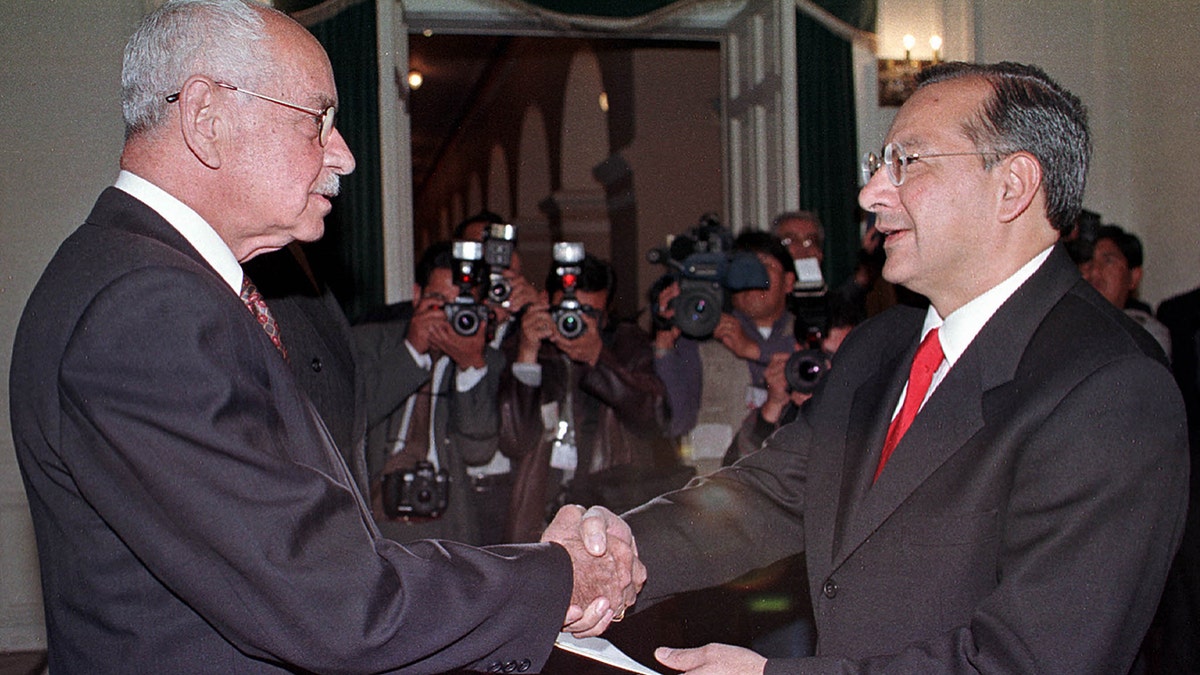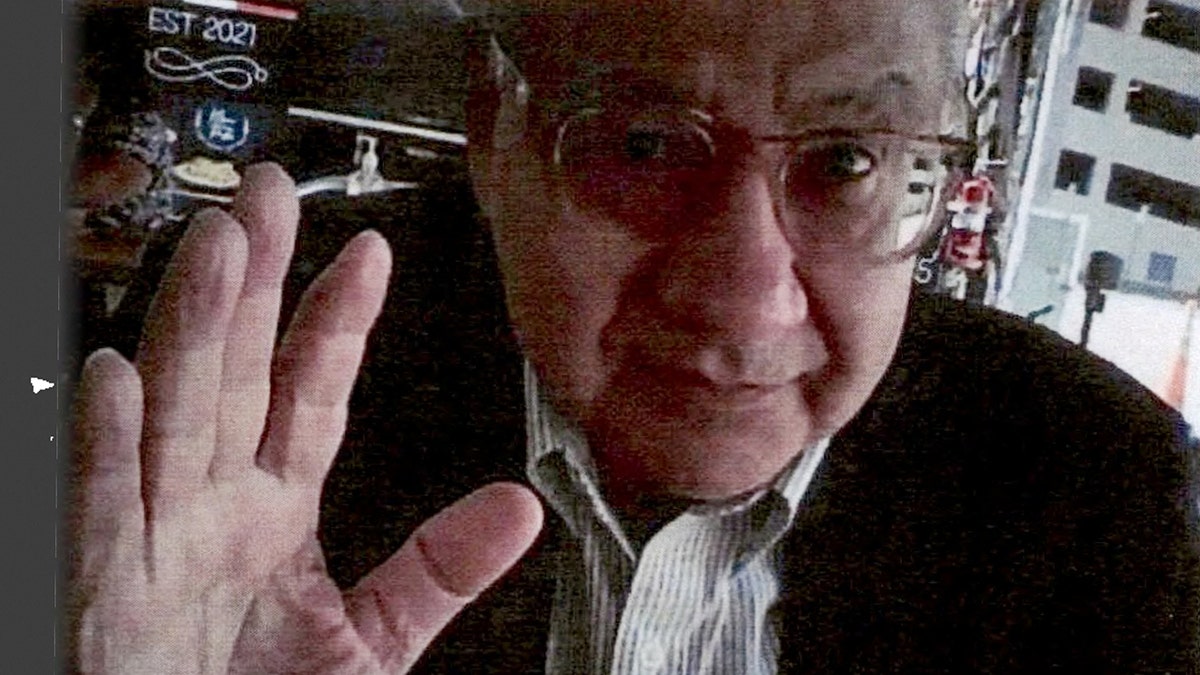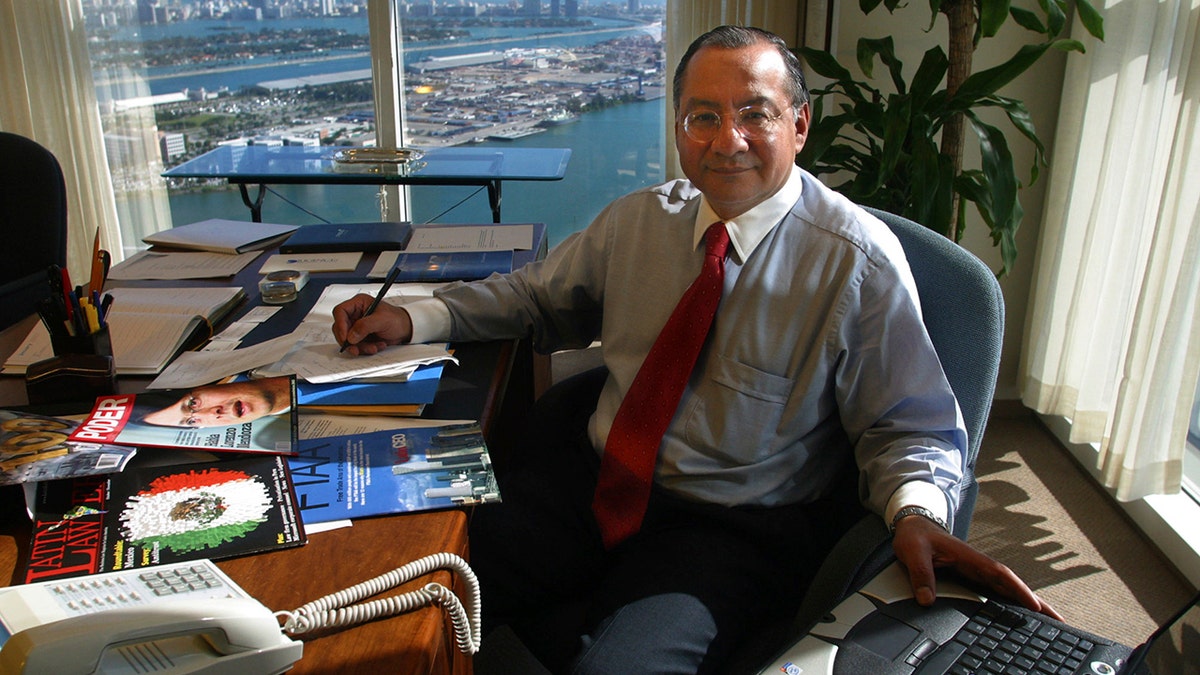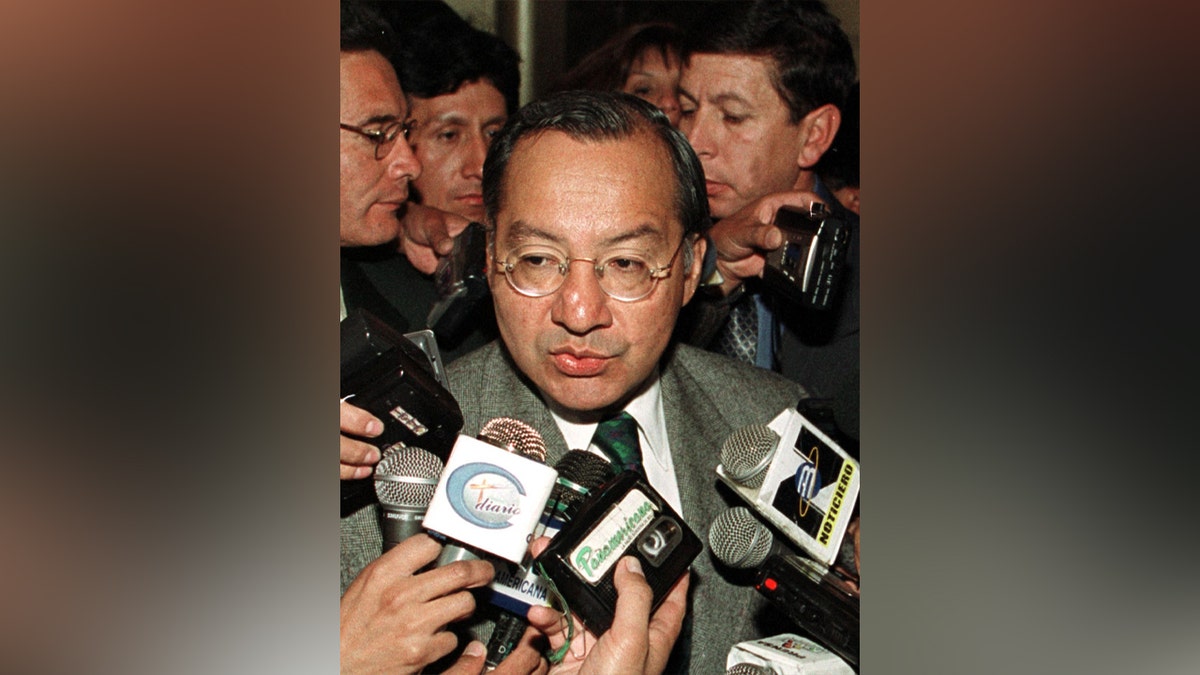
Former US Ambassador Manuel Rocha was sentenced to 15 years in prison after pleading guilty to conspiring to defraud the United States as a foreign agent and failing to register as a foreign agent. He used his employment at the State Department between 1981 and 2002, where he obtained classified information that affected US foreign policy. Rocha provided false and misleading information to maintain his secret status, traveled outside the U.S., met with Cuban intelligence operatives, made false statements on travel documents.






